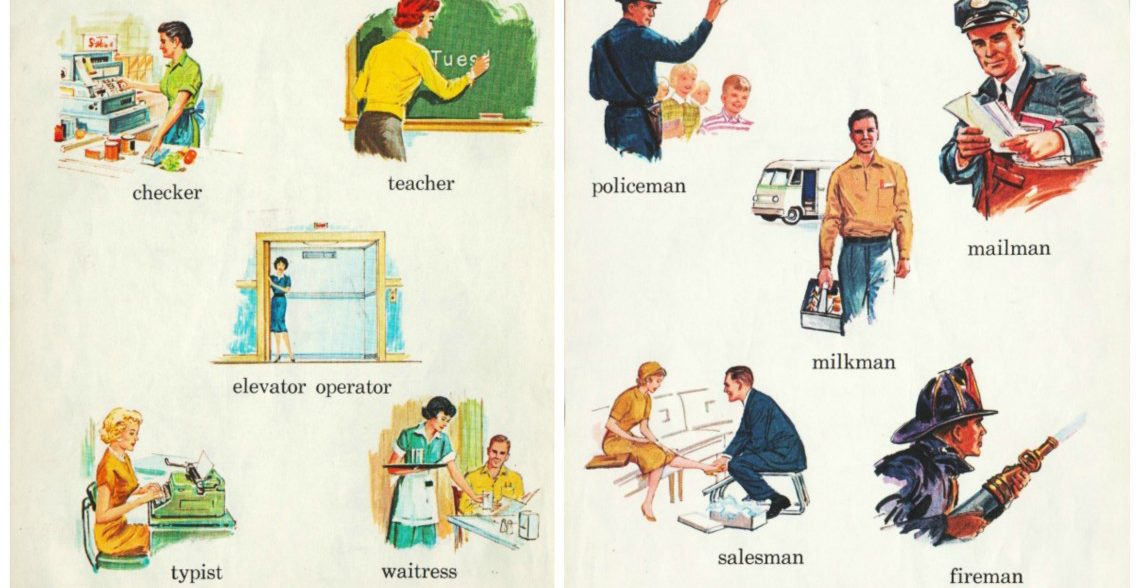Gendering Responsibilities

Arshia Taqi is a third year law student at Pravin Gandhi College of Law, Mumbai and is also a trained yoga teacher.
Gendering Responsibilities
It is customary everywhere to classify the human community on the basis of sex into groups of ‘men’ and “women’. The biological fact of sex has created much sociological difference between them. The aims and objectives, desires and aspirations, duties and responsibilities, dress styles and behavioral patterns, roles and status of men and women are different. Nowhere in the history of humanity were men and women treated alike and assigned status alike. Women have not been able to live a life exactly on par with men in spite of their urge for equality. This does not mean that men and women represent different cultures as such. They represent one way of life, one culture and one heritage.
In almost all societies, different cultural expectations have been woven around male-female differences. Like- men should be competitive, women are supposed to be cooperative. Men can be impatient; women must have boundless patience. Men may be critical; women should always be accepting and supportive. Men can rush and be hurried; women are always supposed to have time for people, to sit and chat, to weave an effective network of empathy. Men are expected to express anger; women should never be angry- at least they must certainly not show it. Men are supposed to gain gratification from the self-recognition of a job well done.
In the past, gender roles were clearly laid down. For example: men went out to work and earned wages to support their family and women stayed back at home to take care of the children and household affairs. But today, like gender ideals, gender roles are undergoing fast transformation. In modern times, it is not uncommon to find women working as police officers, military personnel, fire fighters and so on. As women become increasingly involved in employment outside, men have an opportunity to become more involved in the care and socialization of children. But, in actuality, men find little time to devote towards children or to share the familial burden that their wives often have. As per studies conducted, the interaction between a father and a child was bare minimum. It remains difficult for men to deviate from their traditional occupational roles in order to become more involved in child rearing thereby not bringing about the expected freedom and power that women are entitled to.
Let us look at our own household, the mother wakes up before everyone else, cooks food, does the cleaning, dresses up the children for school, cares for the in-laws, instructs the maid, buys the grocery, prepares breakfast for everyone then gets ready for work; on her way to work she will make calls to the vegetable vendor, maybe the electrician or carpenter for odd jobs, complete her duties at work, return home to deal with children complaining and fighting with each other, make them do their homework, cook and prepare for the next day. Whereas ‘the man of the house’ as per gender roles is not expected to participate in the household chores or attend certain religious ceremonies or family gatherings or be cordial with relatives for the sake of it. If the children excel in their studies the father will come forward to take the credit but if the children misbehave the mother will be blamed for not bringing them up well. Women have been given the freedom to work but there has been no sharing of responsibility. We teach our daughters to study, work hard and get a good job but we don’t teach our sons to do the basic cooking and cleaning. Even today when there is an arranged marriage the girl is asked if she knows how to cook and the boy is expected to have a good salary.
These stereotypes are instilled in children by their families, schools, advertising ; women as less intelligent, homemakers, sex objects; women are made to believe that their primary responsibility in life is to please their husbands by dressing up well, cooking good food and giving in to all their demands; their aspirations and ambitions are secondary. Power over women in personal relationships gives men what they want, whether that be sex, smiles, chores, admiration, increased leisure, or control itself. Men occupy and actively exclude women from positions of economic and political power in society. These positions give men a heavily disproportionate share of the rewards of the society.
Whether one is biologically a male or a female or others, we are all capable of physical and mental labor. Feminism is not a fight for extra privileges for women but only a demand for equal rights. Both men and women must take up the responsibility to earn and take care of the house and children, only then will we be able to respect all kinds of work and most importantly one another.
Opinions are of the writer.


